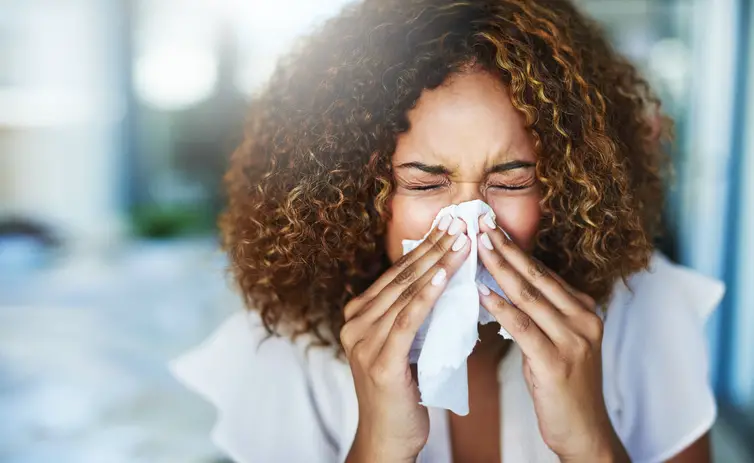With so many of us wrestling with fears and unknowns surrounding the coronavirus pandemic, every throat tickle, nose drip, or cough is suspect: do I have coronavirus? By now, we all know that COVID-19, the illness caused by coronavirus, can cause severe, life-threatening symptoms, although the majority of people who have it will experience a mild to moderate version.
Of course, it is spring, so many people may be experiencing their annual springtime tree pollen allergies. Colds also remain common, just as was true before the coronavirus. And although influenza season is coming to an end, perhaps you’ve wondered if some of your symptoms could be the flu. Below, I’ve explained key symptoms to help you distinguish these illnesses and take action as needed.
Are your symptoms consistent with COVID-19?
At the beginning of the pandemic, your travel history offered important clues, but this is no longer pertinent because coronavirus has been spreading in our communities.
Keep in mind that most people who get COVID-19 will be able to recover at home (see information about what to do if you are sick from the Centers for Disease Control and Prevention). However, if your symptoms are worrisome or severe, call your doctor or local hospital, or check with your local health department so you can be evaluated immediately, if that’s necessary.
Key symptoms: The more common and sometimes severe symptoms of COVID-19 are fever, cough, and shortness of breath. Two additional common symptoms are fatigue and loss of appetite. Less commonly, people may have diarrhea, nausea, or vomiting. Some people report a lack of taste or smell. A significant number of people experience no symptoms (it’s even possible to have coronavirus and not experience a fever).
Usually symptoms appear within five days after exposure, but it can take up to 14 days.
How can I be certain I have COVID-19? If you are concerned about symptoms, contact your doctor or your local board of health to find out whether you should be tested, and if testing is available near you. The criteria for getting tested are rapidly changing as more tests become available.
Are your symptoms consistent with allergies?
Spring, with its budding trees and warmer weather, means allergy season for many of us. As you see the trees in your area budding, that means the pollen counts will also be increasing.
Key symptoms: Two strong indicators that suggest allergies: if you’ve had springtime allergies before, and if itch is a prominent component of your symptoms. People with allergies often have itchy eyes, itchy nose, and sneezing, as well as less-specific allergy symptoms such as a runny, congested nose, and a sore throat or cough that is generally due to postnasal drip.
How can I be certain I have allergies? The best way to diagnose allergies is by using skin testing at an allergist’s office. If you found taking medications such as over-the-coun






